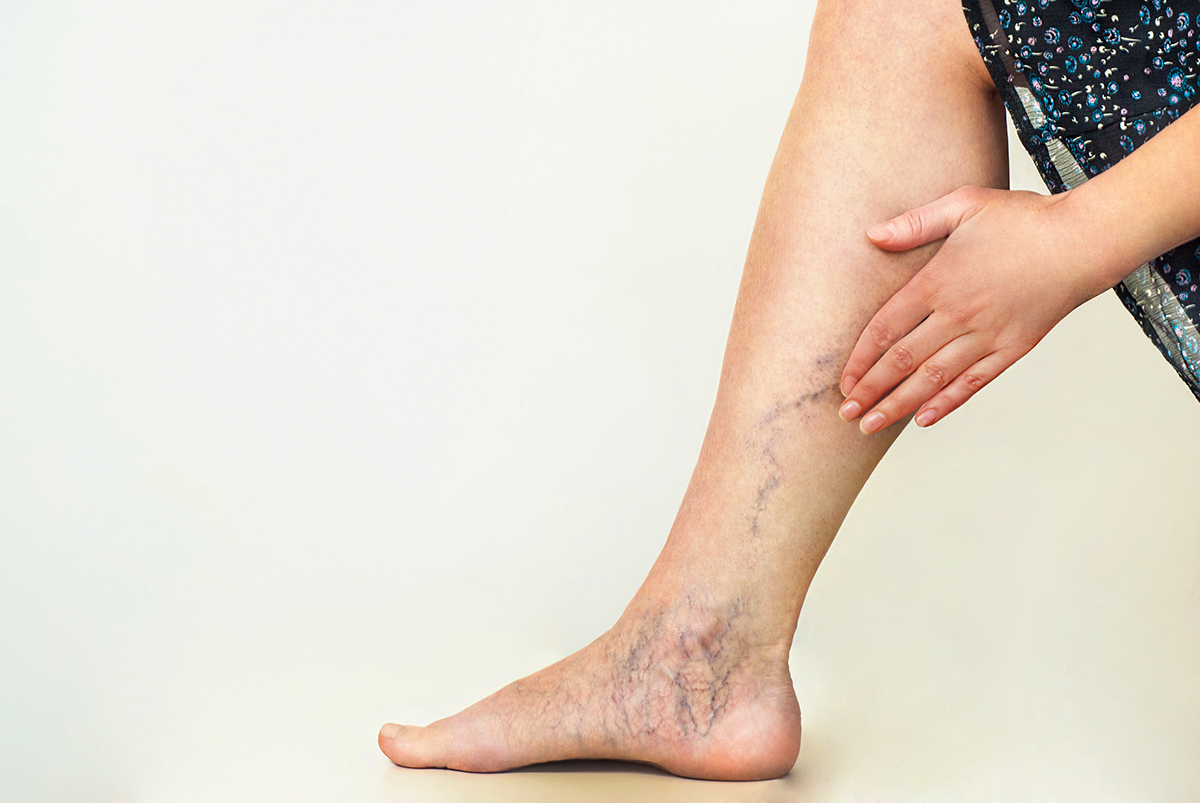How to Reduce Your Risk of Getting Varicose Veins

Twisted, gnarled, dilated and/or puffy, varicose veins are known for being unsightly, not to mention painful. Anyone who’s dealt with these veins can attest to the overall discomfort of burning, itching, cramping and throbbing that’s associated with having them on the body. That’s why, for many people, the biggest question about varicose veins is knowing how to prevent them. What can you do to stop from getting varicose veins? Are there some habits you can implement to ensure you’ll never deal with these uncomfortable, unattractive annoyances? Are there any secrets to prevention? Unfortunately, the answer is no. You can’t guarantee you’ll never get them—but, here’s the good news, you can lessen your chances.
How can you reduce your risk for varicose veins? Here are some tips:
1. Avoid extended sitting or standing. Staying in one position for long periods of time puts extended pressure on parts of the body. So if you must stand or sit for extended periods of time, try to take frequent breaks and shift your position as much as you can, giving your body a chance at freer blood flow and a break from that pressure.
2. Exercise regularly. Even a low-impact method of exercise such as walking reaps countless benefits for health. Because exercise promotes good blood circulation, it can help keep blood flowing throughout your veins and, by extension, lower the chances of varicose veins developing or worsening.
3. Maintain a healthy weight. Extra weight on the body means extra pressure on the veins—a definite risk factor for vein issues. By keeping your weight to a healthy number, you do your veins a favor.
4. Eat a healthy diet. Eating a diet that’s high in fiber and low in sodium can help alleviate some of the pressure and swelling associated with varicose veins.
5. Stop smoking. Smoking causes all kinds of negative side effects in the body, so quit this habit if you’re looking to improve your overall health. As it relates to veins, smoking can increase blood pressure and contribute to poor blood flow, thereby increasing the risk for varicose veins.
The above strategies not only reduce your risks for getting varicose veins, but also they may help lower discomfort associated with having them. In either case, they are beneficial habits to implement for preventing, slowing or easing the frustrations associated with varicose veins.
Interested in learning more about varicose veins, such as ways to treat them when they occur? Contact us anytime at 908-788-0066 to schedule a free consultation.
